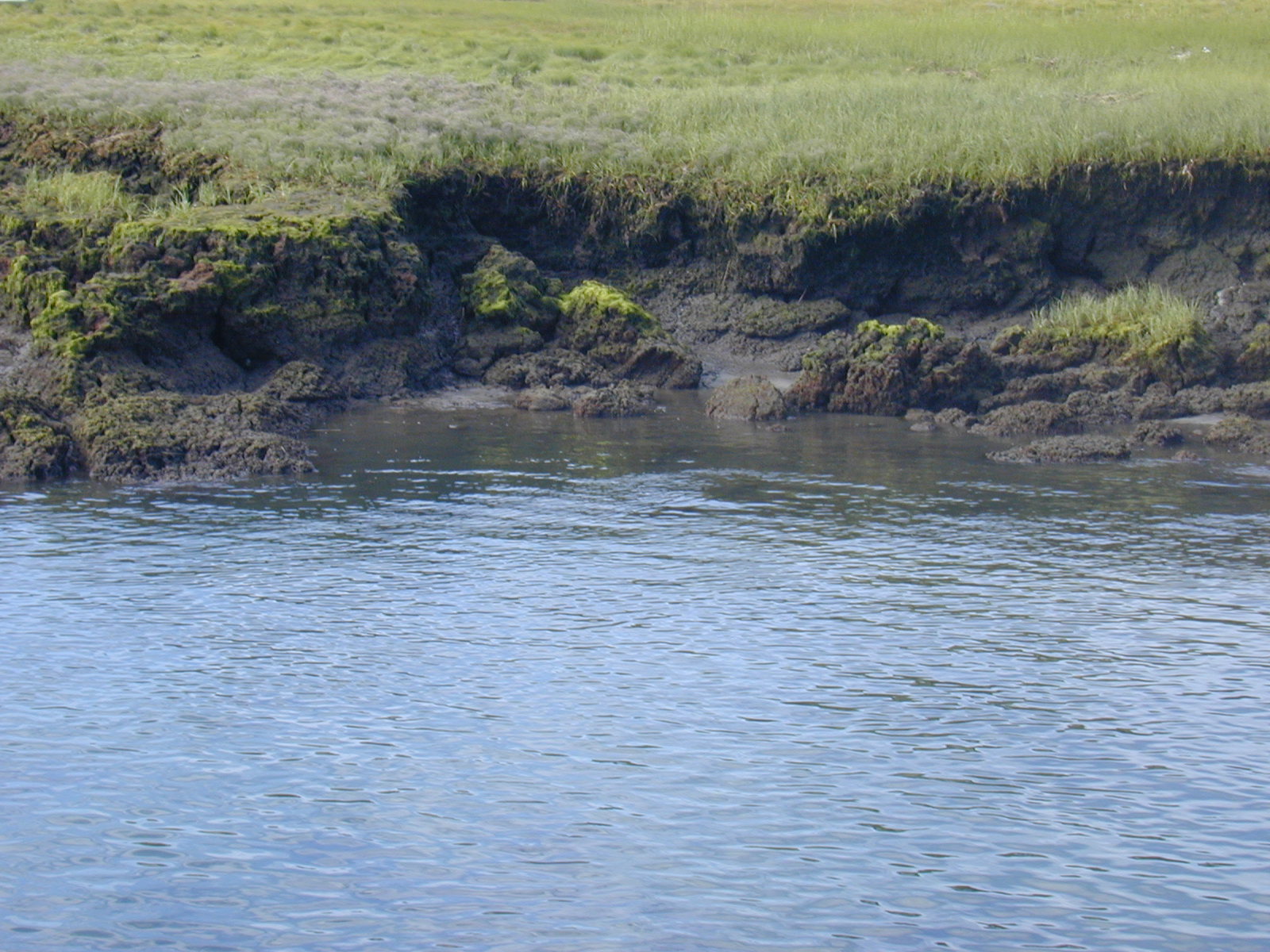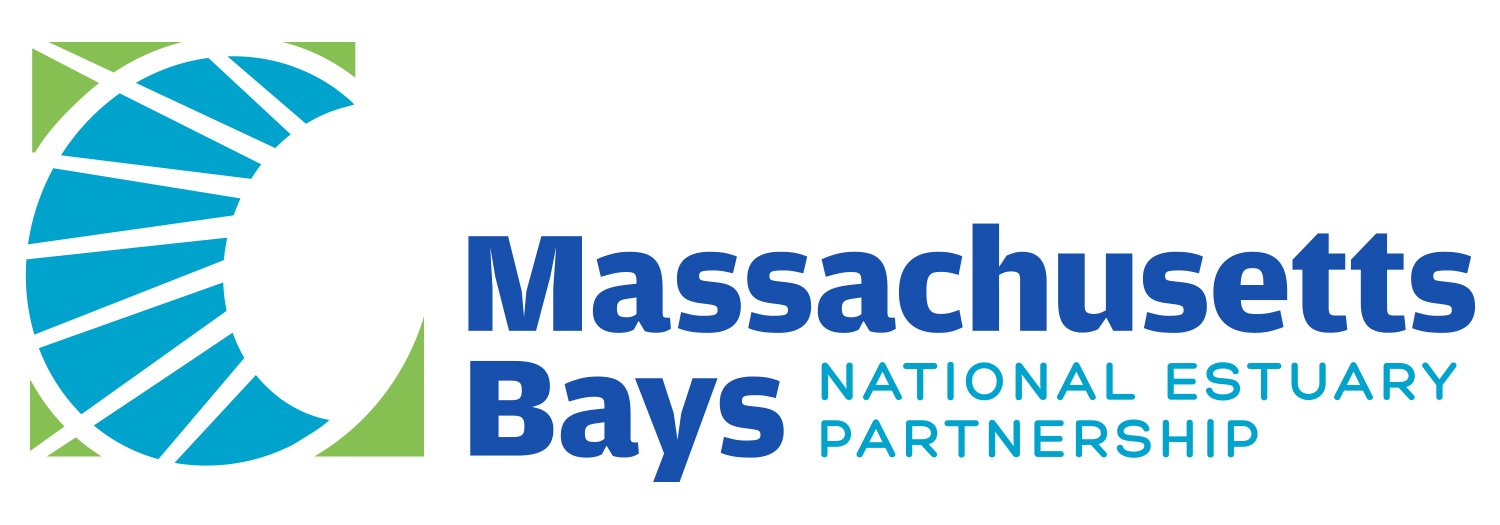Resources
Healthy Estuaries Grant Program
With funding from the EPSA under Section 320 of the Clean Water Act, the MassBays Health Estuaries Grant program provides small grants to communities, nonprofit organizations, and research institutions for projects that advance progress toward the goals of the MassBays Comprehensive Conservation and Management Plan.
The grants are aimed towards projects that address gaps in knowledge about our estuaries, demonstrate new approaches to monitoring or protecting near-shore habitats to improve conditions, or lay the groundwork for future restoration. Through this program, we want to help communities meet their goals to improve and restore vital habitats that are important for their wellbeing. In the process we continue to forge strong partnerships to work together to meet our goals to improve our estuaries.

Grant Awards
Since established in 2010, the Healthy Estuaries Grant program (formerly Research and Planning Grant program) has contributed funding and technical assistance for numerous projects. Funding has helped communities grow capacity to initiate projects to inform decision-making, gather that final missing piece of information to make that last step towards a shovel-ready project that will be eligible for further funding to improve water quality, and enabled research to fill gaps in our knowledge of estuarine habitats.
Click on the tabs below for more resources and scroll down to the Viewer to learn more about these projects.
Grant Awards Viewer
Between 2011-present, MassBays awarded $750,000 for 40 projects that identified causes of coastal habitat degradation; developed management plans and recommendations to address coastal water pollution; designed conceptual improvements to stormwater infrastructure and built local capacity to protect coastal resources including salt marsh, shellfish beds, and anadromous fish runs. Project outcomes included recommendations to address priority management issues in MassBays estuaries.
To learn more about the projects and their interesting findings, use the interactive map below and click on the pins to access final reports.
